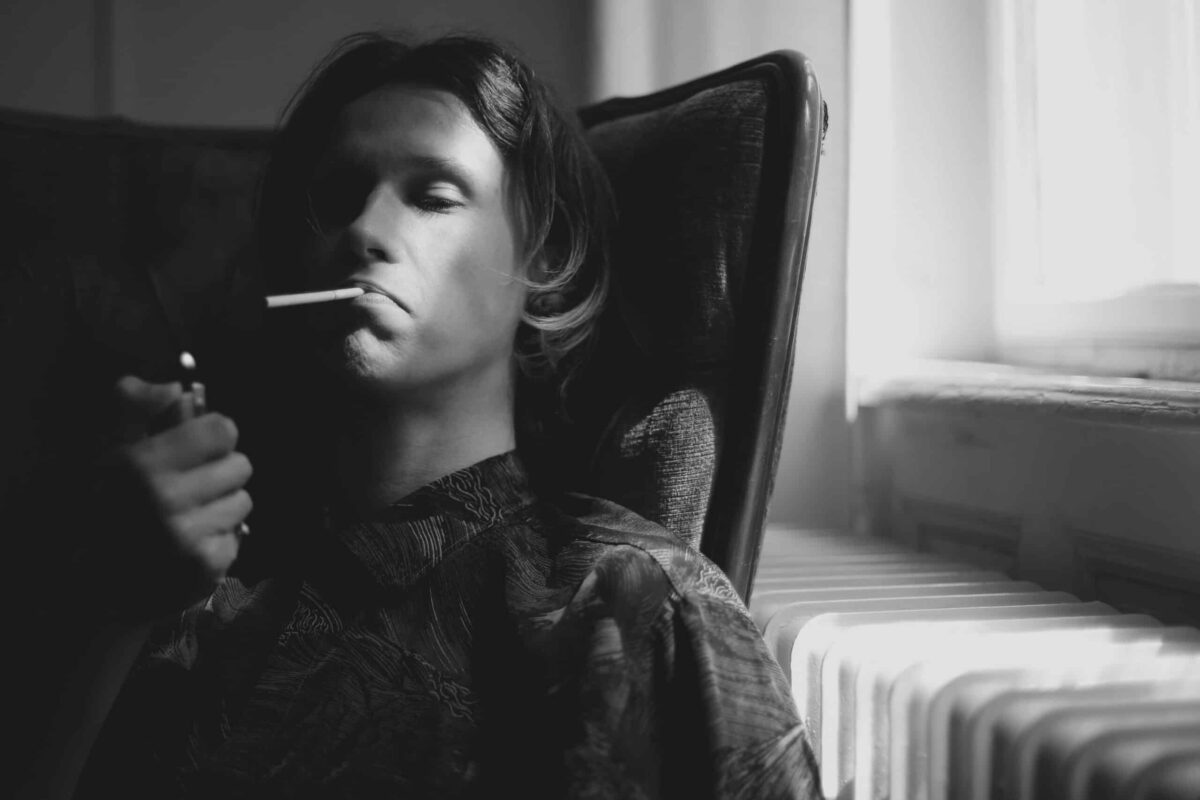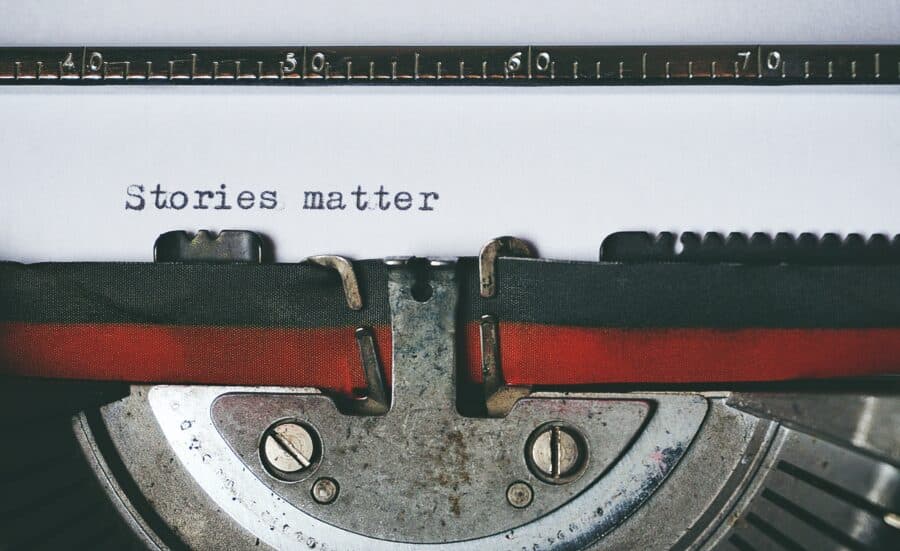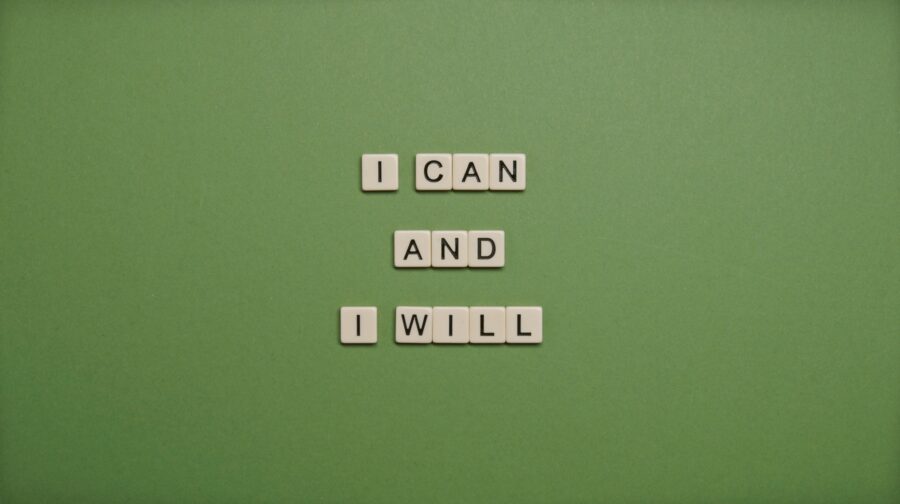
Kick Bad Habits & Slay Your Demons!
There are people all around the globe with horrible habits that they just can’t seem to shake off.
I don’t just mean obvious ones like smoking, drinking, sugar, and social media. But also habits of thought, that narrow life into simple little labels, and habits of behavior that have you shouting at loved ones and co-workers.
Also, habits of emotional reaction that pull at you to fly into a rage, to flirt with the wrong person at the wrong time, and even that most back-stabbing and venomous emotion… resentment. Habits, most especially the bad ones, are notoriously hard to kick.

“Well, that’s just the human condition,” say many, and fair enough.
Really though, we humans are not locked in a permanent trance as if mesmerized by Dracula. Far from it; our clever little species realized a long time ago that we have free will, and so in theory, we can stop shouting, stop that feeble flirting, stop getting angry every time some ignorant driver does something idiotic, and maybe even stop thinking ourselves into life-limiting corners. These habits sure are bad, but should we decide to kick them completely, all you need to do is…
Tell yourself to just stop,
It doesn’t seem to work though, does it? You might tell yourself to stop smoking, right before reaching for yet another cigarette. It’s almost as if there were someone else pulling our strings. It’s almost like a demon, a really dim-witted one, had you in the grip of possession.
Like Being Possessed By A Demon? Seriously?
Too Dramatic? Yeah well, this thought might just be enough to free you.
Notice that I said that it was LIKE a demon (not actually a real one) tugging you this way and that, and even though a cinematically exciting possession would make for one magnificent anecdote, in fact, you are doing it to yourself by making one simple mistake; believing each and every thought that comes to you. Can we kick THIS bad habit?

1. Little Babies and The Birth of Identity
Cast your mind back to the day of your birth. I’m sure you remember it well. You were as close as you are ever going to be to a blank slate. Sure, you have your genetic predispositions in place, but you hadn’t yet heard any words of discouragement, any criticism, nobody had ever called you an idiot, nobody had ever abandoned you, betrayed you or humiliated you. No. You had all that coming and more.
2. From Diapers to School Uniforms… And a Few Bad Habits to Kick
The years tick by and the infant brain does its very best to handle this constant rain of sensory and emotional input. Well, just as with any experience, it gets interpreted by the brain in its earliest stage of development.
This is the age where children develop their first notions of being a separate self. Individuation is important, of course, but remember that this is a tiny child’s interpretation of their early life events – These interpretations may or may not get updated. All the time, the little one is forming conclusions about the nature of reality. Finally, you get convenient answers to questions like
How important am I? Am I safe? What is safe for me to do? What am I totally incapable of? Do people like me?
This comes with a whole bunch of “I can’t” conclusions too. All these questions, once answered, will form the basis for everything you do, think and feel. This is the basis for the person you imagine yourself to be. This identity will masquerade as you when it becomes a habit, and you need to separate the good from the bad, so it’s “kick this and keep that·. It sounds almost important.
3. The Teen Demon Lying in Wait
If the infant years are all about the most basic concept of who we are and our value, well the teenage years are the next level that springs to mind. Yet another genetic process attempts to shove you away from the loving arms of your family and dare to leap into the world.
Teens often worry so much about what their group will think of them that they do the most incredibly reckless things just for the approval of the group. So, once again, this brain will be grasping for clues about identity in this new context. These clues get fitted into your narrative and thus your self-concept.

4. All Grown Up, and Those Habits are All Grown In
You might think that this is all very nice, “…but I’m an adult now. No demons in sight, so don’t worry”. Maybe we don’t need to even try to stop our horrible habit of identifying with thoughts. But adult life isn’t always a walk in the park. Let us turn our conscious awareness to finding out what demons reside within us.
Once again, what I refer to as “demons” are the conclusions and limitations that we all carry around with us like luggage… right through adulthood. Most of us don’t even realize how heavy this “luggage” is. These are all behaviors, conclusions, and thoughts that “solidify” into an identity. By the time we are adults, our stories are complex and convoluted, relatively inflexible, and completely automated. Our stories are habits that might be good or bad, but are always hard to kick.

What if that identity were that of a loser, a grumpy dude, a loner, a left or right winger; obsessed to the point of fanaticism, a cold person, or a freak? . This narrative runs on automatic, controls your life and creates your self-concept. Too many times, it robs you of the joy of life.
But My Life is Like a Horror Story
That sounds bad, so who is writing your story? This is the first important mindfulness question. It sure isn’t you, and in many cases, it looks like Stephen King is the author.
Kick Bad Habits – What Am I Supposed to Do?
They (The famous “they”) say that two roads lead to wisdom: The Road of Pain is one, and The Road of Mindfulness is the other. I know I gave the game away by calling the first one “The Road of Pain”. We don’t like pain, but sometimes it is the sting of pain that can jolt us out of our demonically hypnotized state of self-limitation.

Case Study: One who actually managed to kick the bad habit of a limiting identity,
A good friend of mine who I shall refer to as Ellen, was diagnosed with severe ADHD when in her late fifties. That is rather a late-in-life diagnosis, and it hit Ellen like a ton of bricks. She was perfectly aware that life had been a struggle for her but it had never occurred to her that a disorder had been present.
Her psychiatrist put her on the appropriate medication and, over the course of about nine or so months, her symptoms pretty much vanished. This, apart from making her life easier, also plunged her into an existential crisis. Her email to me went a little like this:
“Here’s how I would have described myself last year: A bit selfish, I’m interested in my stuff and have no tolerance for anything else, I am snappy and grumpy, I need a lot of stimulation so I get addicted easily, my mind wanders all over the place, I’m a loner, I have sleep difficulties, I can’t handle responsibility, I can’t handle conflict, I fly off the handle at the drop of a hat, I cannot sit still and can’t concentrate…”
I’m skipping a massive chunk here
“…and now. I identify with NONE of those things. It was never me in the first place. Everything, and I mean everything I had previously thought was just my quirky character, turns out to be a bunch of symptoms. So now, seriously, I don’t know who I am anymore”

A Bunch of Symptoms? Is That What I Am?
It might feel like that if the road of pain is your only method. Ellen went through quite the crisis, I can tell you. Pain was her teacher at first but she had the awareness to turn to the other road to wisdom. She learned to meditate and change her way from the road of pain to that of wisdom.
I ran into Ellen yesterday, and this was her take:
“From the first time I did it, I felt what they always say in the meditation books – that I am not the thoughts, but the observer of the thoughts. It feels like I am some kind of space in which those thoughts arise. I felt this for about three seconds before floating off into a memory of personal failure and humiliation. This seemed to happen all the time but thanks to my crisis (as peculiar as it sounds), I now know that thoughts are not always true. The real me is more like an open space, than anything that can be created by my storytelling mind”
And now my favorite bit of what she said, and the reason this article was born. She said:
“ADHD was like a demon whispering in my ear all my life, telling me what I could and couldn’t do, and telling me who I was. The creepiest thing of all was that the demon spoke to me in my own voice”
Begone Demon! The Power Of Awareness Compels You
But can it be done by the rest of us? Ellen described a kind of “Road To Damascus” type experience that led her to peace but by first dropping her into the depths of suffering. Can’t it be done without all that agony? Can’t we kick the habit of being ourselves without having to feel bad?
Perhaps the pain of my friend as told through the medium of a blog post is enough to have you stop believing everything the demon whispers in your ear – even if it imitates your own voice to a tee.
But, probably you have some work to do
If that little voice in your head is telling you that you can never kick the biggest bad habit of all, that of rigid conformity to the narrow limitations that have their roots in your earliest life experiences, sit in meditation and practice mindfulness at every opportunity.
Hear that inner voice that tells you who you are and realize that this is a complex cognitive process running all your life, and NOT a direct truth. Notice the context that is the real you AND the presence of an automized voice that twitters constantly.
You can call it “unhelpful habitual thought” or “false self” or you might choose the word “Demon.”
You might like this article:














